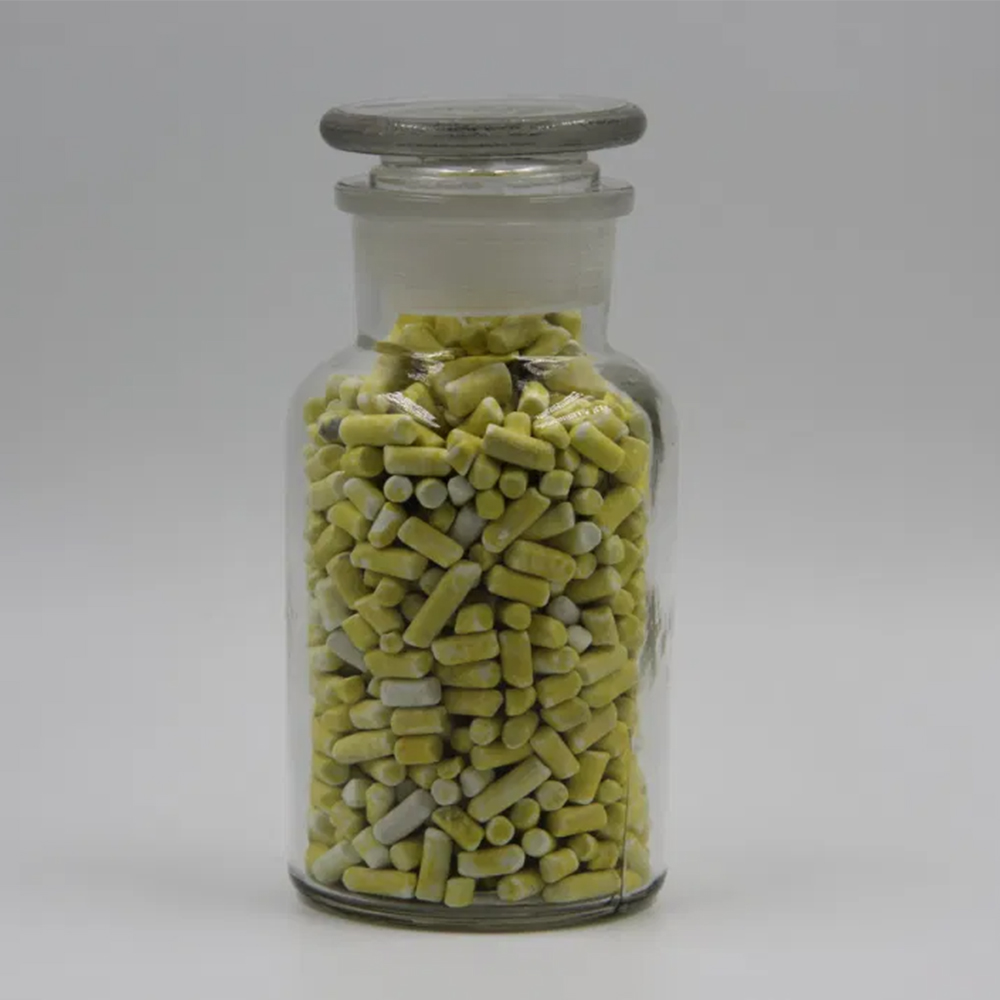



Roles and Applications of Sodium Hydroxide Pellets in Various Industries
The Function of Sodium Hydroxide Pellets
Sodium hydroxide, commonly known as lye or caustic soda, is a highly versatile chemical compound with the formula NaOH. It is a white solid and typically comes in the form of pellets, flakes, or granules. Sodium hydroxide is known for its strong alkaline properties and is widely used in various industrial, commercial, and household applications. This article aims to explore the functions and uses of sodium hydroxide pellets, highlighting their significance in different fields.
Industrial Applications
One of the primary functions of sodium hydroxide pellets is in the chemical industry, where they serve as a key raw material for the production of various chemicals. Sodium hydroxide is crucial in manufacturing sodium salts, such as sodium carbonate (soda ash), sodium bicarbonate (baking soda), and sodium hypochlorite (bleach). These compounds are foundational in producing household cleaning agents, detergents, and other consumables.
Moreover, sodium hydroxide plays a vital role in the petrochemical industry. It is employed in refining processes to remove sulfur compounds from crude oil. This not only enhances the quality of petroleum products but also reduces the environmental impact by minimizing sulfur emissions when these fuels are burned.
Food Industry Uses
In the food industry, sodium hydroxide pellets are used in the processing of various foods. It acts as a food preservative and pH regulator, helping to maintain the desired acidity levels. A classic application can be found in the production of olives. The olives are soaked in a sodium hydroxide solution, which eliminates their bitterness and makes them palatable. Additionally, sodium hydroxide is used in the production of certain types of pretzels and bagels, where it contributes to the distinctive golden-brown color and chewy texture.
Water Treatment
Another crucial function of sodium hydroxide pellets is in water treatment. It is used to neutralize acidic water and helps in adjusting the pH levels in various treatment processes. The addition of sodium hydroxide can precipitate heavy metals from water, making it safer for human consumption and reducing the environmental impact of wastewater discharge. This makes it an essential component in municipal water systems and wastewater management facilities.
function of sodium hydroxide pellets

Soap and Detergent Manufacturing
The soap and detergent industries heavily rely on sodium hydroxide. It is a key ingredient in the saponification process, where fats and oils are turned into soap through a reaction with an alkali. Sodium hydroxide provides the strong base needed for this reaction to occur effectively. Detergents manufactured from sodium hydroxide are known for their ability to break down grease and dirt, making them highly effective cleaning agents in households and industries alike.
Laboratory Uses
In laboratories, sodium hydroxide pellets are frequently used for various analytical and chemical synthesis tasks. Due to its strong accidity, it helps in titrations to determine the concentration of acidic solutions. Sodium hydroxide is also useful in preparing buffer solutions and in the synthesis of other chemical compounds. Its ability to maintain a high pH makes it an essential reagent in many chemical experiments.
Safety Considerations
While sodium hydroxide pellets offer numerous benefits, they must be handled with care due to their caustic nature. Direct contact with skin or eyes can cause severe chemical burns, and inhaling the dust can irritate the respiratory tract. Therefore, safety measures such as wearing gloves, goggles, and masks are crucial when working with this substance.
Conclusion
In summary, sodium hydroxide pellets serve a multitude of functions across various industries, from chemical manufacturing to food processing and water treatment. Their versatility, combined with their effectiveness as a strong alkaline agent, underscores their importance in our daily lives and industrial processes. Nonetheless, it is critical to approach sodium hydroxide with caution, respecting its potent properties to ensure safe handling and usage. Overall, the diverse applications of sodium hydroxide contribute significantly to modern industry and consumer products, making it an indispensable chemical in various sectors.
-
Why Sodium Persulfate Is Everywhere NowNewsJul.07,2025
-
Why Polyacrylamide Is in High DemandNewsJul.07,2025
-
Understanding Paint Chemicals and Their ApplicationsNewsJul.07,2025
-
Smart Use Of Mining ChemicalsNewsJul.07,2025
-
Practical Uses of Potassium MonopersulfateNewsJul.07,2025
-
Agrochemicals In Real FarmingNewsJul.07,2025
-
Sodium Chlorite Hot UsesNewsJul.01,2025










